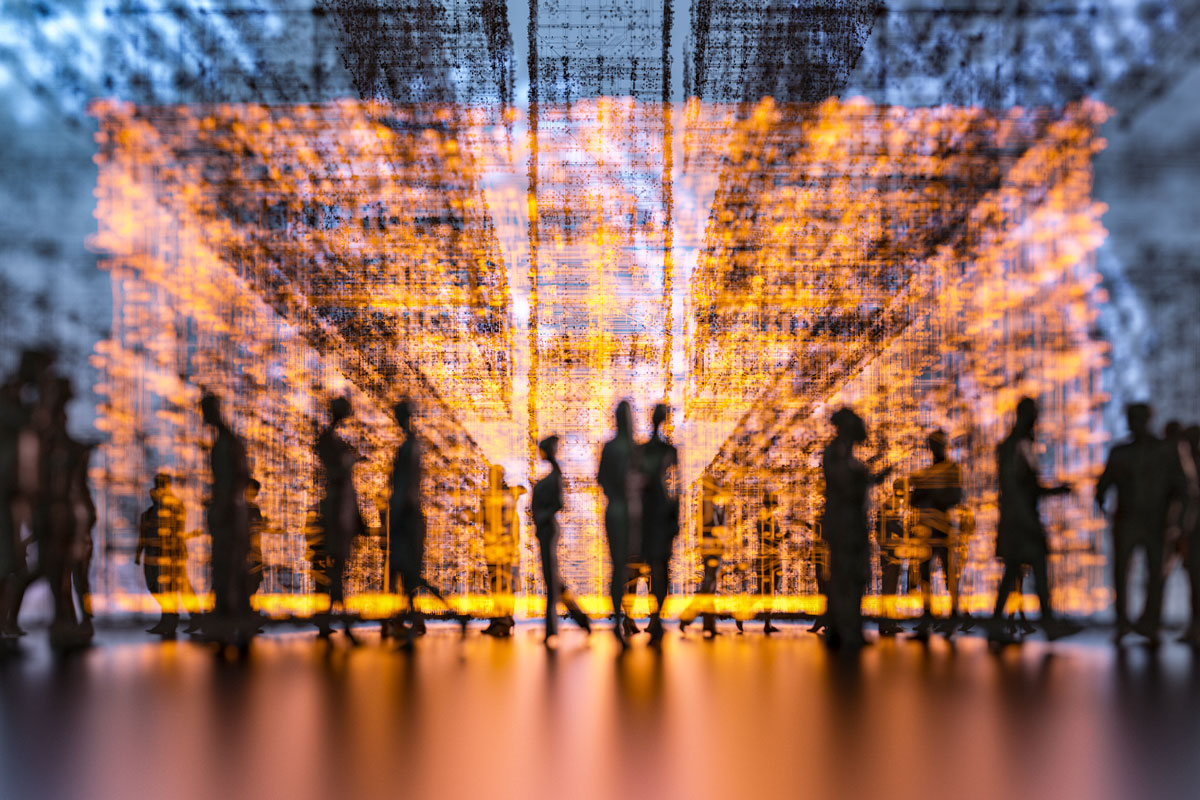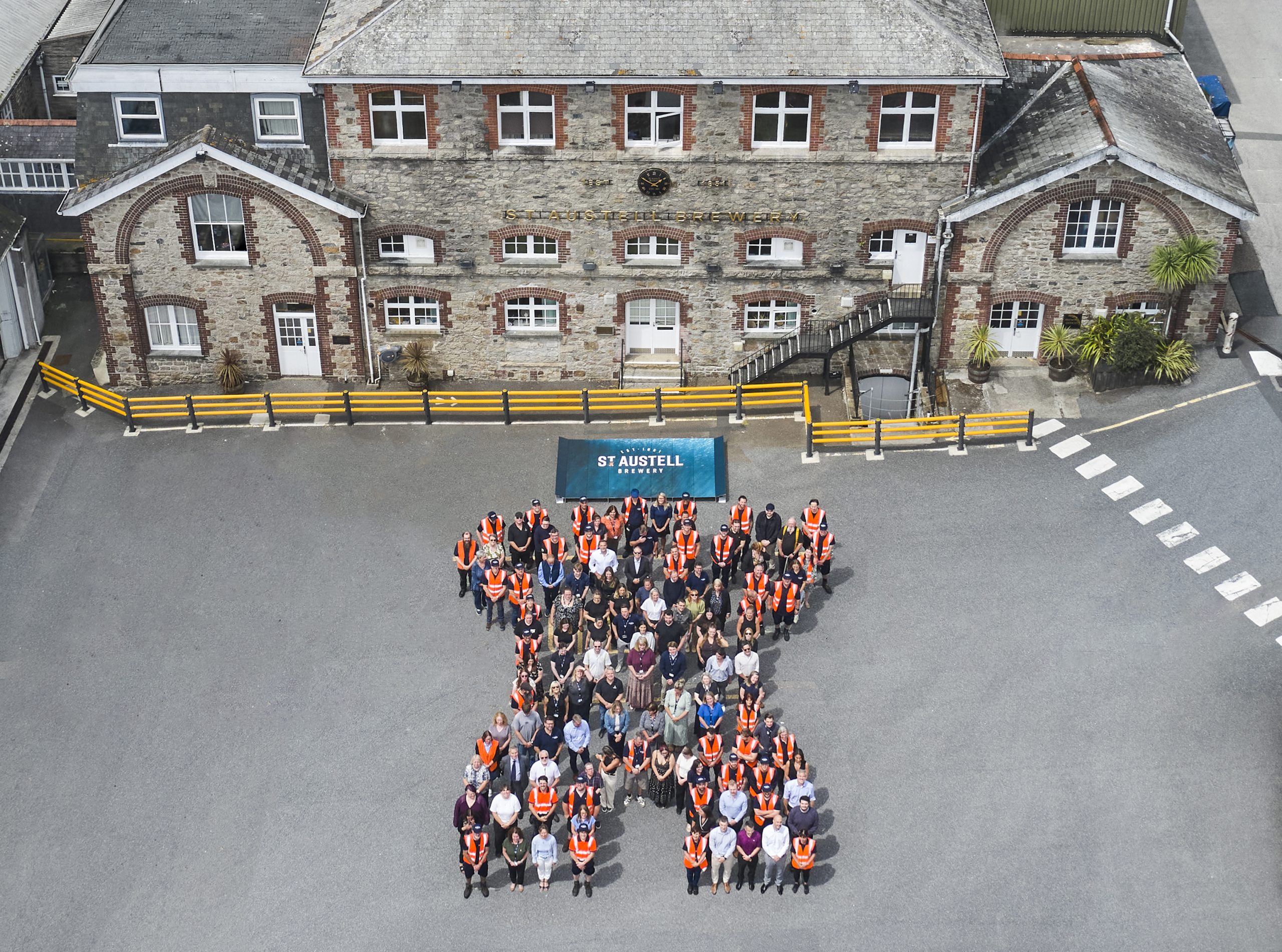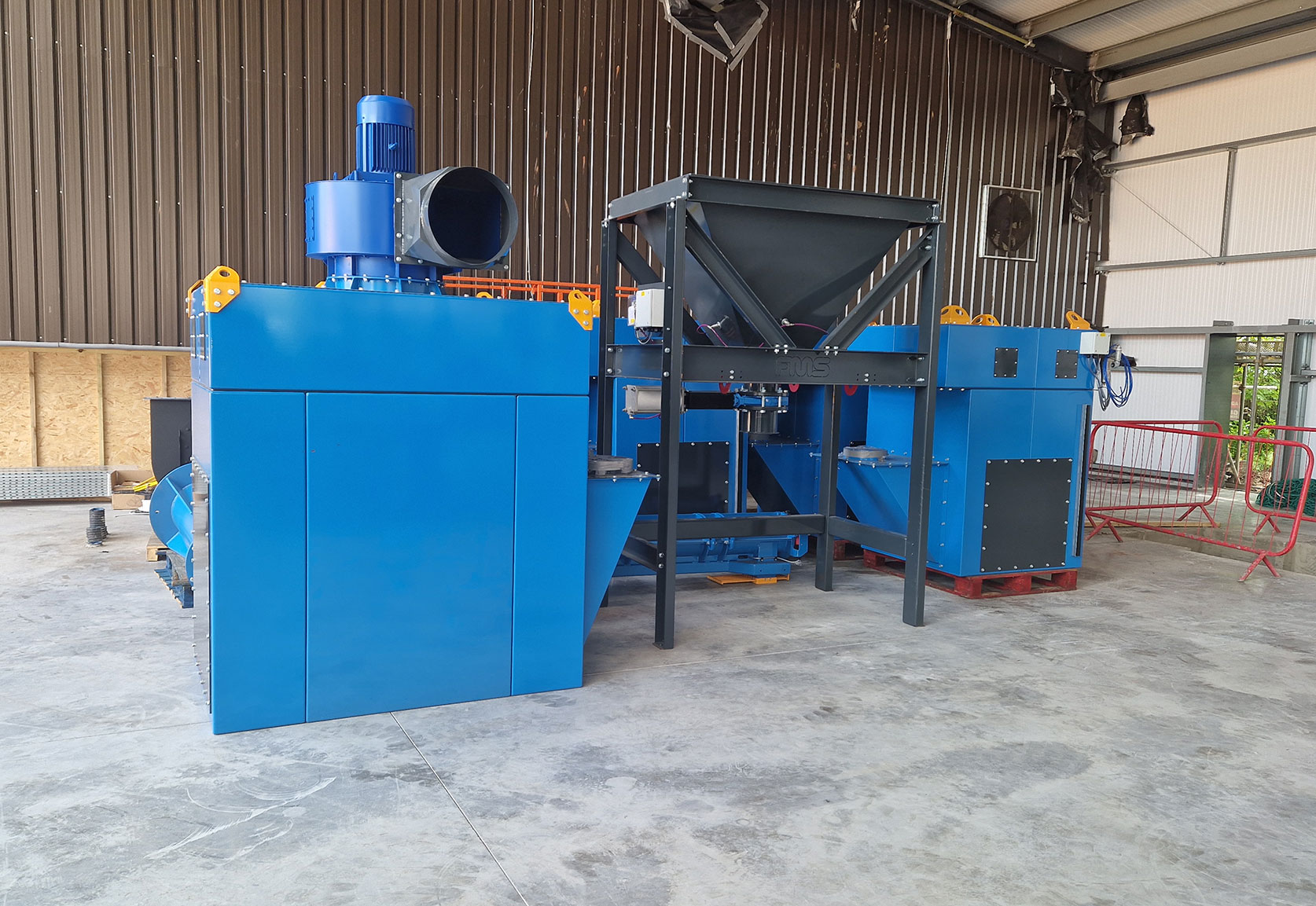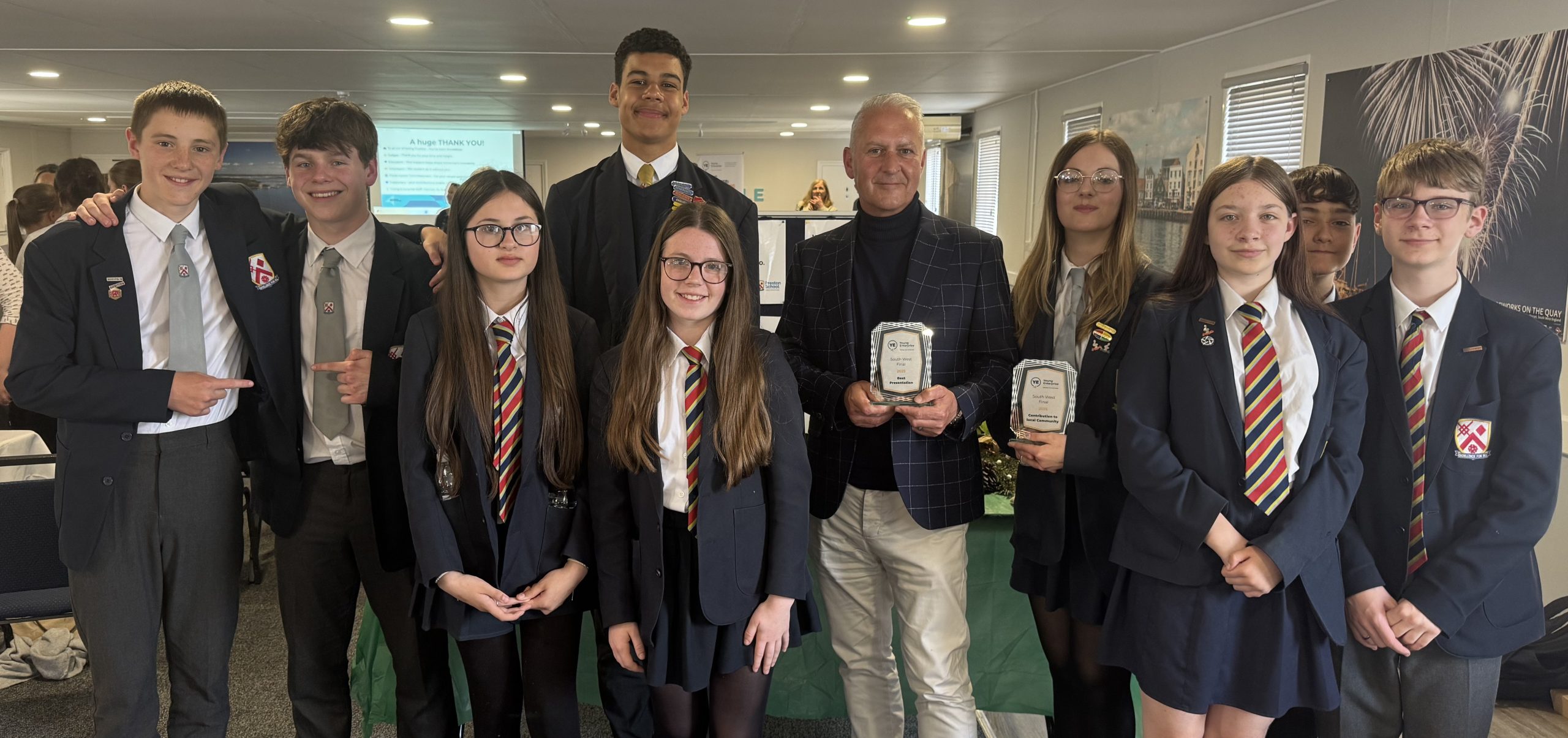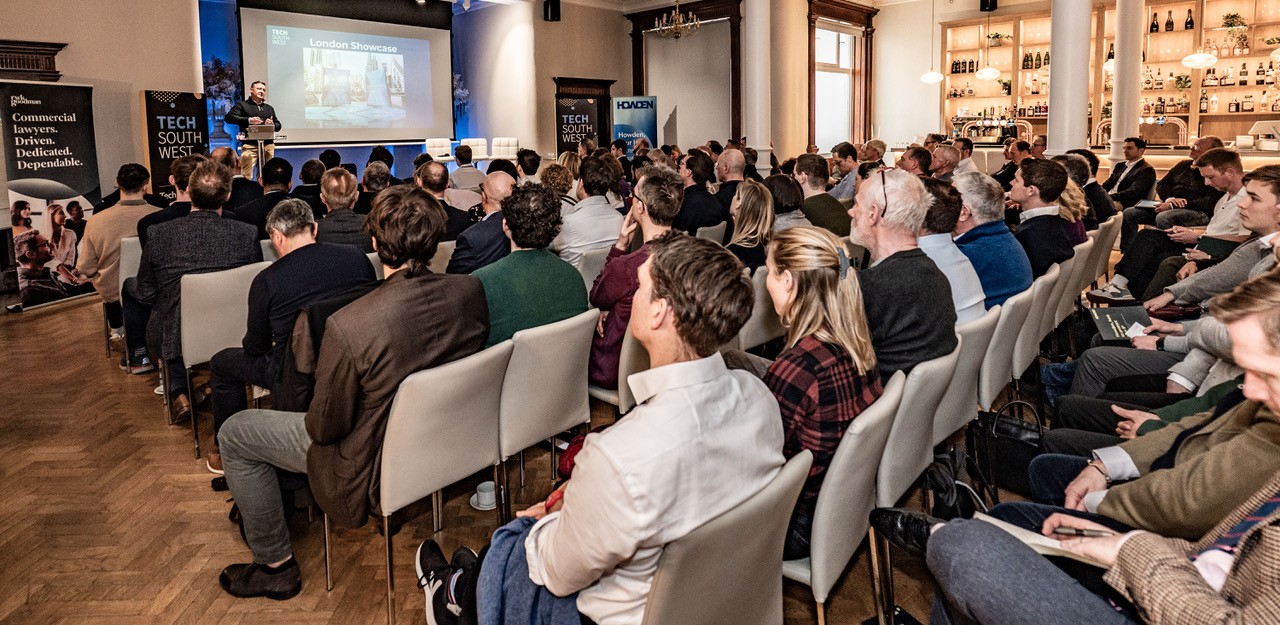Original article available at: https://www.michelmores.com/commercial-litigation-insight/will-works-generated-by-artificial-intelligence-ever-be-able-to-be-protected-by-copyright/
On 31 August 2023, the House of Commons’ Science, Innovation and Technology Committee published its interim report on the governance of AI which covers many things including the question of AI and copyright. Unfortunately, the report does not reach any firm conclusions and so, until legislation is adopted, we will have to see if the UK Intellectual Property Office’s development of a voluntary code of practice on copyright and AI offers any answers.
So what is the current position regarding copyright and AI? In this article, we are going to discuss, with the increasing use of AI:
- why AI created works are not protected by copyright in the UK;
- what it would take for such works to be protected by copyright; and
- how the meanings of “original” and “author” will need to change if AI created works are to be protected by copyright.
Having spent quite some time writing this article to answer the above questions (with no help from AI), we assert our copyright and take full responsibility for its content.
This article describes why the requisite intellectual creativity is lacking in an AI generated work and why we hope that, in order to protect the intellectual creativity human authors have put in, copyright will not be afforded to AI generated works for quite some time. Not least because if you asked AI to answer these questions, AI is not liable for its output if it gets the answers wrong!
It is important to remind everyone that the primary purpose of copyright law is to reward an author for the creation of an original work. It took more than 250 years after the development of the Gutenberg printing press for legislators to recognise this with a copyright statute[1] and so perhaps we should not be too critical of the government for taking its time over this question in the context of AI.
Meaning of author
Section 9 of the Copyright, Designs and Patents Act 1988 (the Act) defines “author”, in relation to a work, as the person who creates it; and, according to section 154 of the Act, a work qualifies for copyright protection if the author was at the material time a qualifying person[2]. AI does not satisfy the definition of qualifying person. There is some debate as to whether AI generated works fall within the definition of “a literary, dramatic, musical or artistic work which is computer-generated” so as to make “the author” “the person by whom the arrangements necessary for the creation of the work are undertaken” but the general view is that it does not.
Therefore, in order to qualify the person making the arrangements for the AI generated work as the “author”, this definition will need to make clear that it covers AI generated works.
Meaning of original
Another problem is that at present, AI generated works are not “original”.
The Act does not contain a definition of “original work”, but case law has developed the precedent that works are original when they are independently created as the “author’s own intellectual creation”. Independent creation simply means that you create the work yourself, without compromising it with, or copying it from, another pre-existing work.
AI produced works fail this definition. This is because AI works are neither:
- independently created because the AI is mining pre-existing sources; nor
- are they the result of the author’s own intellectual creation because the output is based on probability and algorithms not intellect. What has to be considered is the fact that AI is performing an essentially mechanical function dictated by its software engineers.
If we set AI generated works against this background, it is more understandable why the immediate output resulting from an input into ChatGPT is not afforded copyright protection.
What about copyright infringement?
Further, it is important to be mindful that in creating a work, AI uses all the available sources out there and if the content used by AI is already protected by copyright, then there is the risk that the work created using AI, will amount to copyright infringement.
Does this mean that an AI generated work is automatically an infringement of copyright? Not necessarily as a copyright owner needs to show that a “substantial part” has been reproduced. This could be very difficult to establish unless the AI was operating on a very narrow body of underlying texts.
Legislative changes
Therefore, the legislation will need to address the definition of “original” to include AI works derived from the works of others. In addressing this issue, the legislation will need to consider whether:
- compensation should be paid to the copyright owners of the works on which the AI works are based; and
- the test for copyright infringement needs to have a “fair dealing” defence which allows the creation of AI works based on AI’s application to an existing body of copyright protected works.
So what if you ask AI to write a story for you today? Does the above analysis mean that copyright will never subsist?
Not necessarily.
The answer will very much depend on the degree of intellectual creativity that the real person, who wants to qualify as the author, applies to the initial draft of the AI generated work. The more intellectual creativity applied, the more the human author’s skill, labour and judgment is likely to qualify their contribution as “original” and create a protectable copyright work.
A moral question?
There is also a moral question (and one of moral rights).
Take for example a screenplay entirely generated by ChatGPT (and without further amendment or editing). Would it be fair and in line with copyright principles, if the “screenwriter” who asked AI to create the draft, to sit back and relax whilst still enjoying a nomination for “the best screenplay” award based on an original copyright work for which they claim the paternity right?
As things stand now, the answers are no, it wouldn’t be fair; and no, it wouldn’t be in line with copyright principles to claim to be the author.
Idea vs expression of the idea
It is also important, however, to remember that copyright does not protect ideas, but protects the expression of the idea. Therefore, if in creating a plot for you, AI suggests a story about a young wizard, who goes to a school of magic, and his purpose is to fight a bad guy, then as long as that young wizard is not called Harry Potter, the school of magic is not called Hogwarts and the bad guy is not called Voldemort, you might still be able to create a successful and original work without infringing another author’s copyright[3].
Conclusions and takeaway points
The copyright implications for works generated by AI are still unclear and rapidly developing. The Government is aware that this is an area that needs to be watched closely and which needs to be regulated properly and soon[4]. Until then, no matter how complex the area is, the basic principles of copyright will apply.
Therefore, to avoid facing infringement proceedings and/or disappointments, use common sense and ask yourself: “am I proud of my work?”, “is this really my work?”, “is this work original and creative?”, if the answers are “no”, then think again. Where an author creates a work without reference to any existing subject matter, it will be rare that it does not attract copyright protection. Even if you use AI as your starting point, if you make that work your own, then copyright will be available to you.
Please contact Iain Connor and Lorenza Picciano, who specialise in intellectual property disputes, if you have any questions about intellectual property or brand management.
[1] Statute of Anne 1709
[3] Please, refer to our previous article here: When your copyright claim disappears in a puff of smoke … ! to understand more on this point.
[4] The government’s response to the House of Commons Science, Innovation and Technology Committee’s interim report is due by 31 October 2023, so it will be interesting to see whether the momentum continues over the next couple of months.

